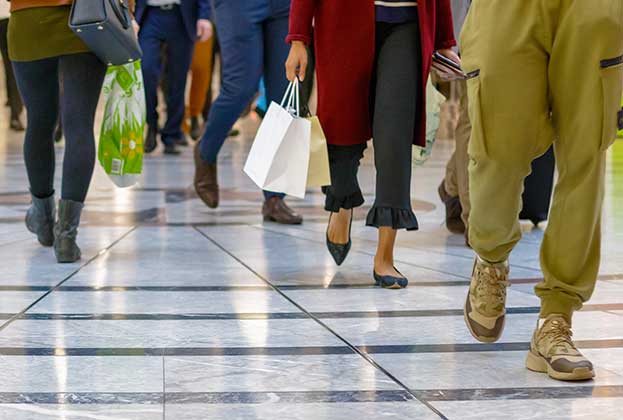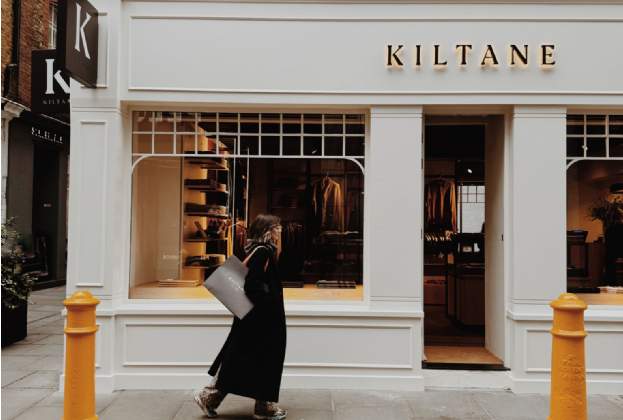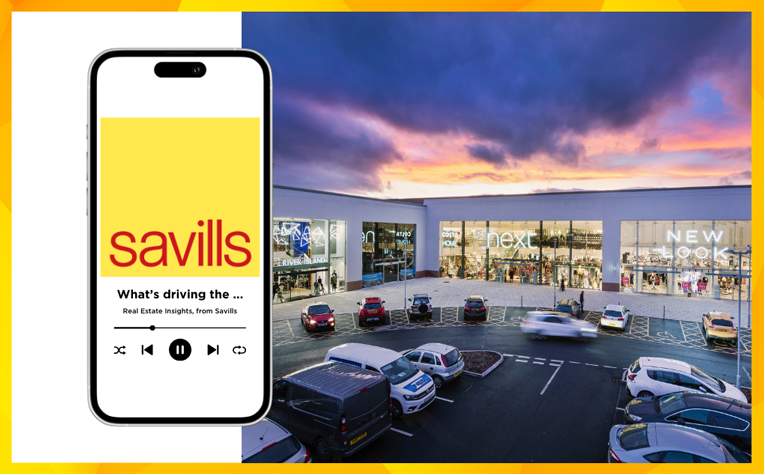Over the course of the event, the French capital saw an influx of approximately 16 million international visitors, surpassing the initial forecast of 15.3 million. This surge in tourism led to a remarkable impact on the hospitality sector.
During the event, Paris’s hotels experienced a 25% increase in occupancy rates, a notable achievement given the typical displacement of tourist activity during large-scale events. According to STR, average room rates skyrocketed by 141% year-on-year, and the revenue per available room (RevPAR) increased by an impressive 200%, driven primarily by luxury accommodation.
Despite the surge in international visitors, the retail sector witnessed mixed outcomes. On the one hand, many retailers reported significant revenue declines, with some experiencing a drop by up to 20% compared to the previous year. Traffic restrictions imposed for security and crowd control were a key factor. These measures hindered access to certain city areas, reducing footfall for businesses outside key zones. In particular, stores in less tourist-heavy areas felt the impact, as locals avoided these zones due to congestion and limited mobility.
However, not all retailers faced difficulties. According to Visa, small businesses in Paris saw a 26% increase in sales from Visa cardholders during the first weekend of the Games, compared to the same period in the previous year. The highest spending growth was observed in categories like theatres and museums (+159%), food and grocery (+42%), restaurants (+36%), retail goods (+21%), and entertainment (+18%). US Visa cardholders accounted for the largest share of overseas spending (29%), with notable year-on-year increases from Brazilian (+33%) and Japanese (+129%) visitors. This international spending boost underscored the global appeal of Paris during the Games, particularly in central tourist zones.
While the final retail figures are yet to be published, it’s likely that the overall results will remain mixed. Many tourists focused on the sporting events, while a significant number of Parisians left the city during the Games, limiting sales for some retailers. Yet, the long-term benefits of hosting such an event are expected to outweigh the temporary challenges. Looking back at London 2012, for example, the city experienced an economic boost of £9.9 billion, with £2.1 billion attributed to visitor expenditure alone. Paris, too, is poised to see lasting economic benefits from the Games, even if some sectors faced short-term setbacks.
Despite temporary setbacks for some retailers, the city’s retail industry is now better positioned to thrive, thanks to the influx of international visitors and the investments spurred by the Games. Even before the event, Paris’s retail market was undergoing significant changes, particularly along the iconic Champs-Élysées. Since Paris was confirmed as the 2024 host city, more than 60 retail transactions have been recorded on the street, with a third taking place over the last 12 months. This accelerated transformation highlights the growing demand for prime retail spaces in flagship locations in the city.
As the Paris retail market continues to evolve, the legacy of the Games is expected to fuel further growth. The prestige of the French capital, combined with strong tenant demand, is likely to drive up rents over the next 18 months. International and local investors are expected to continue to be able to capitalise on the city's heightened profile, bolstered by its global appeal.
.jpg)




.jpg)


.jpg)

